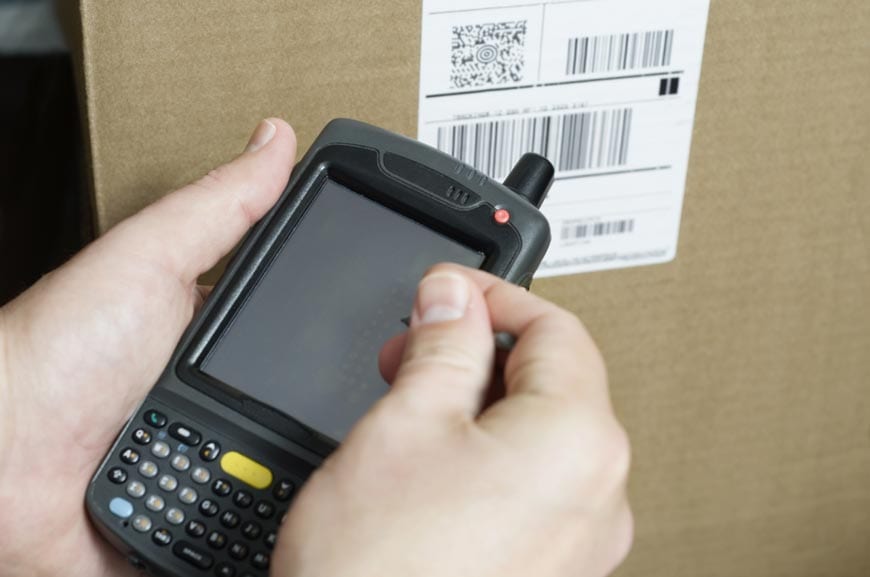South Africa consists of both private and public courier companies. Regulations have been implemented by government to ensure that there is no conflict of interest between these two entities, Private entities require a license for operation and need to be registered as a courier provider.
Regulations serve to protect consumers and businesses that make use of courier services as well as the destination countries that parcels are delivered to. For example; restrictions are placed on the transportation of hazardous materials as well as certain agricultural products. This serves to protect a country’s agricultural sectors against certain bacteria’s and diseases, which could prove detrimental to their economies should these substances cross their borders.
Both perfume and firearms are restricted in the delivery of a parcel, while items, such as drugs, uncooked meats, seeds, ammunition, pornographic material, honey and beeswax are prohibited.
Courier companies need to ensure that the parcels they dispatch for delivery adhere to the regulations implemented by a country so the parcel will be cleared through customs. Adhering to these regulations can improve a courier company’s delivery rate and will render its brand more trustworthy.
Implementing a courier software solution can assist with the different regulations in different countries and coordinate admin functions, thereby improving the delivery time of parcels and improving customer service and communication.
Courier software also performs a track and trace function by tracking parcels, keeping customers updated with the delivery process, and allowing them to trace their parcels online.

